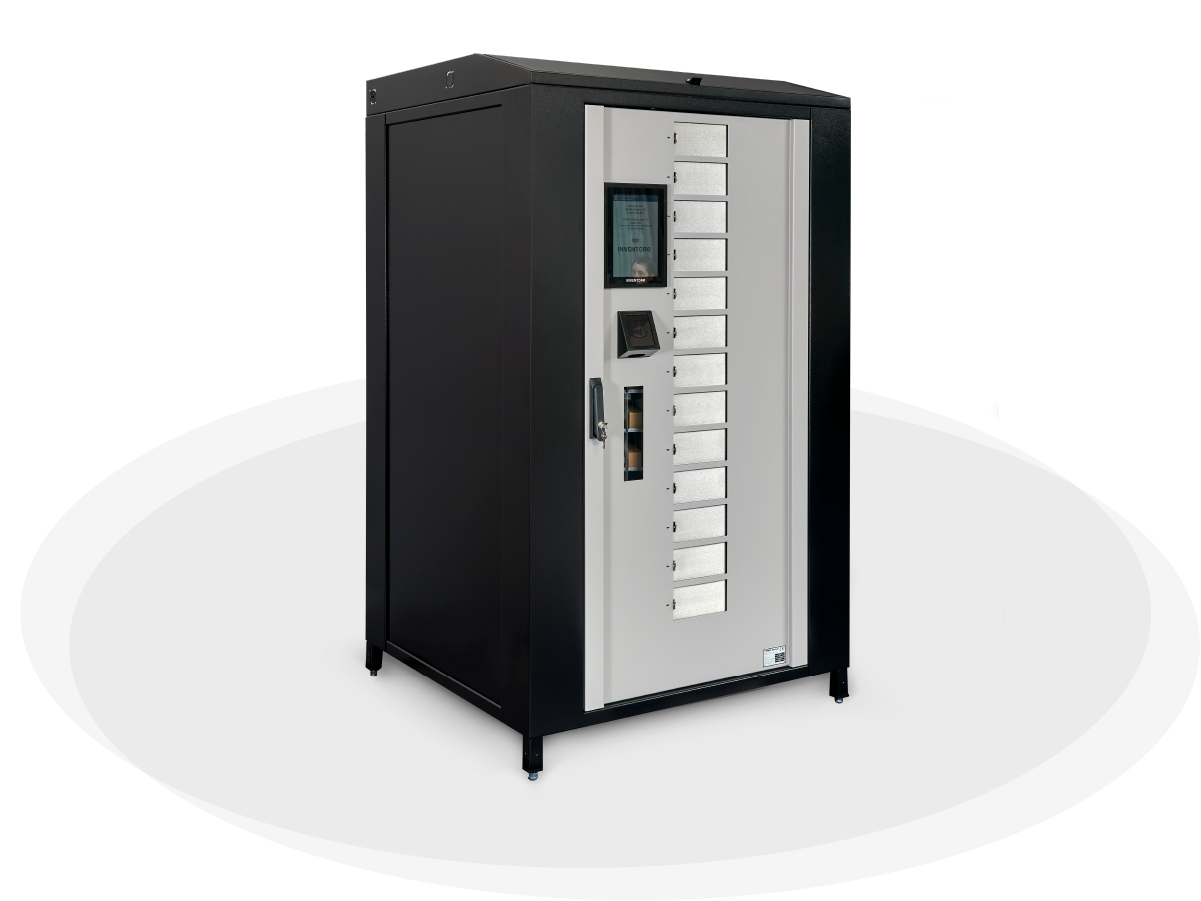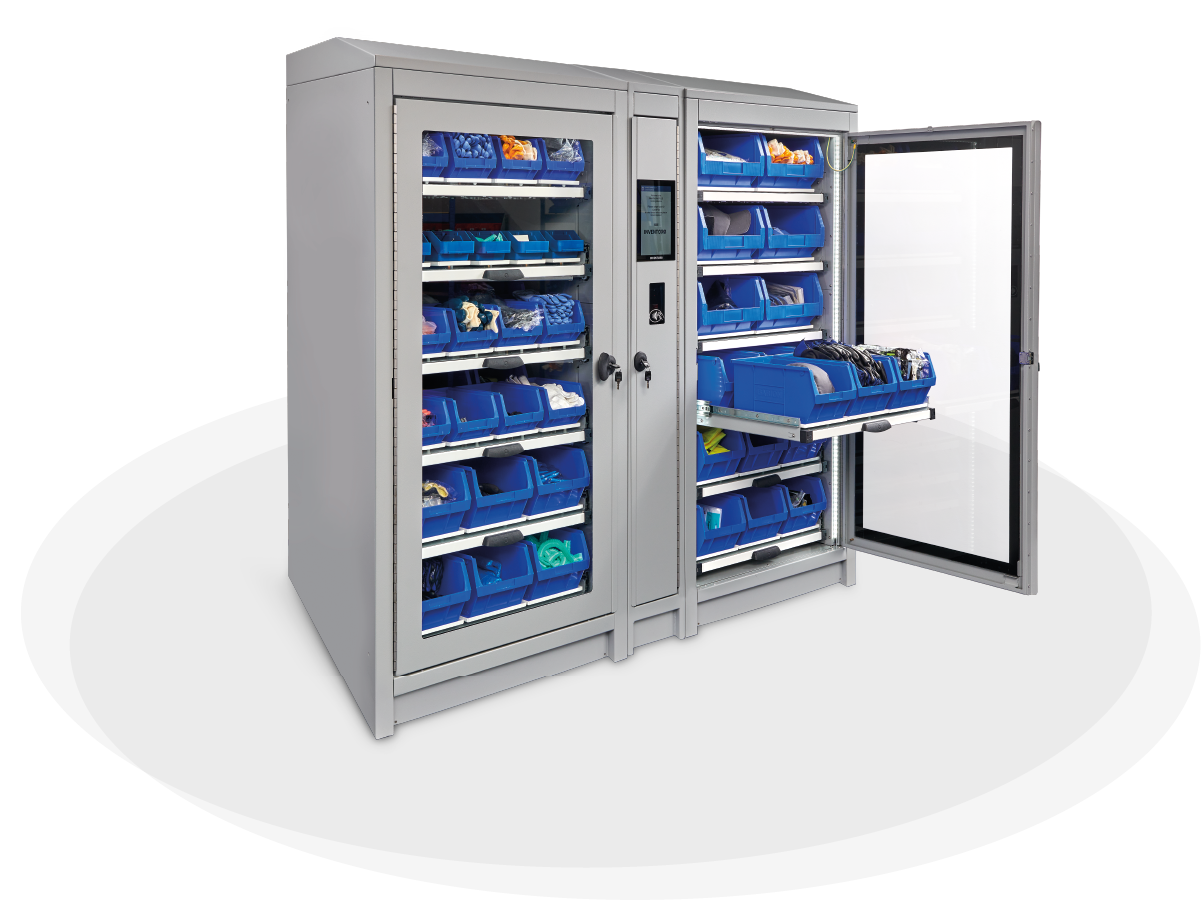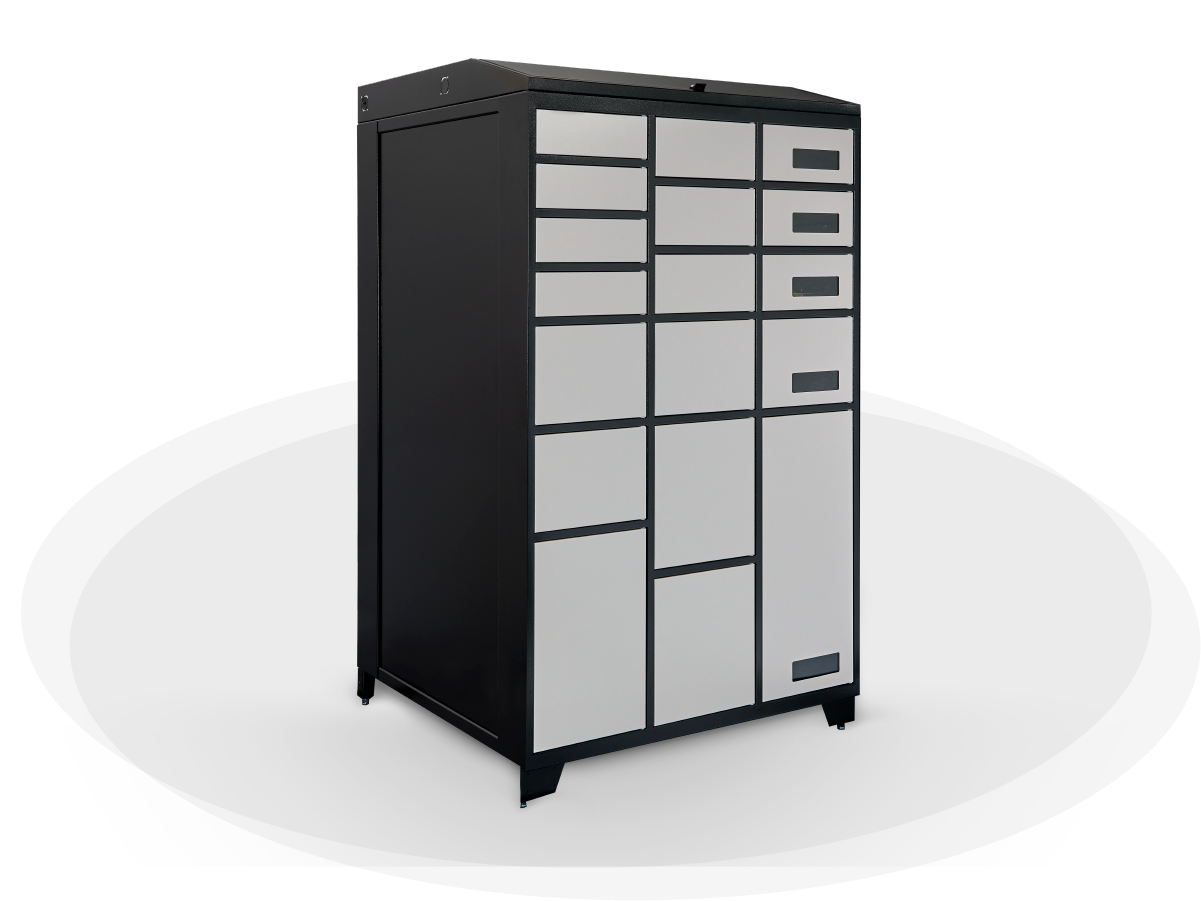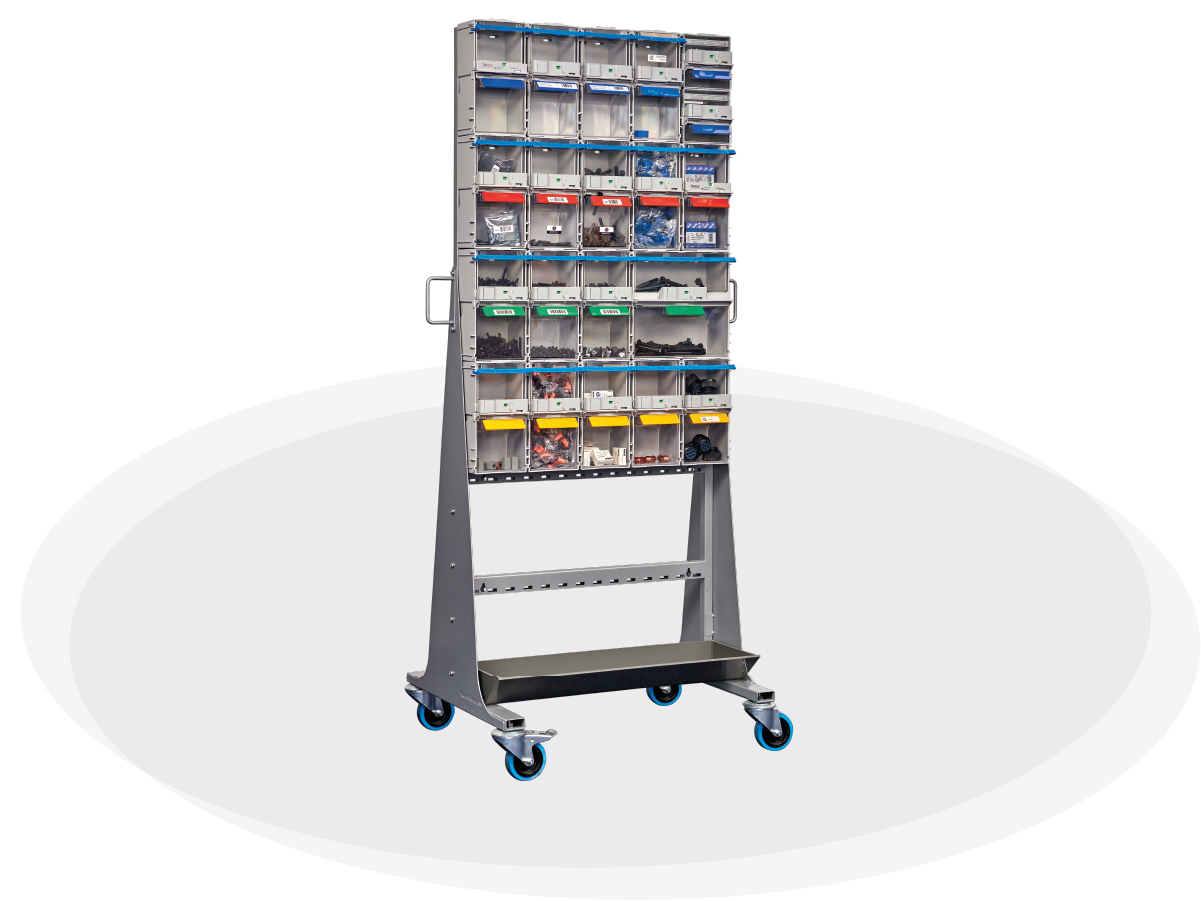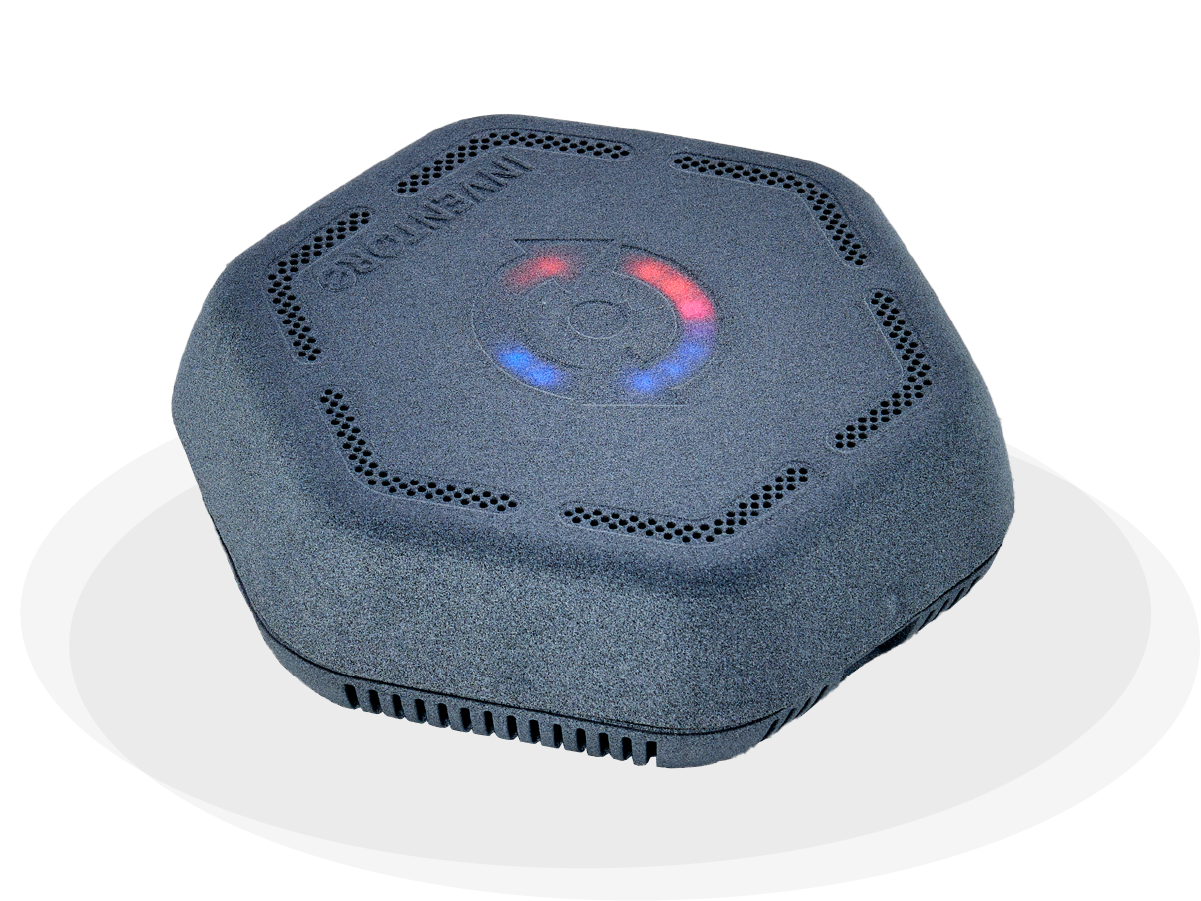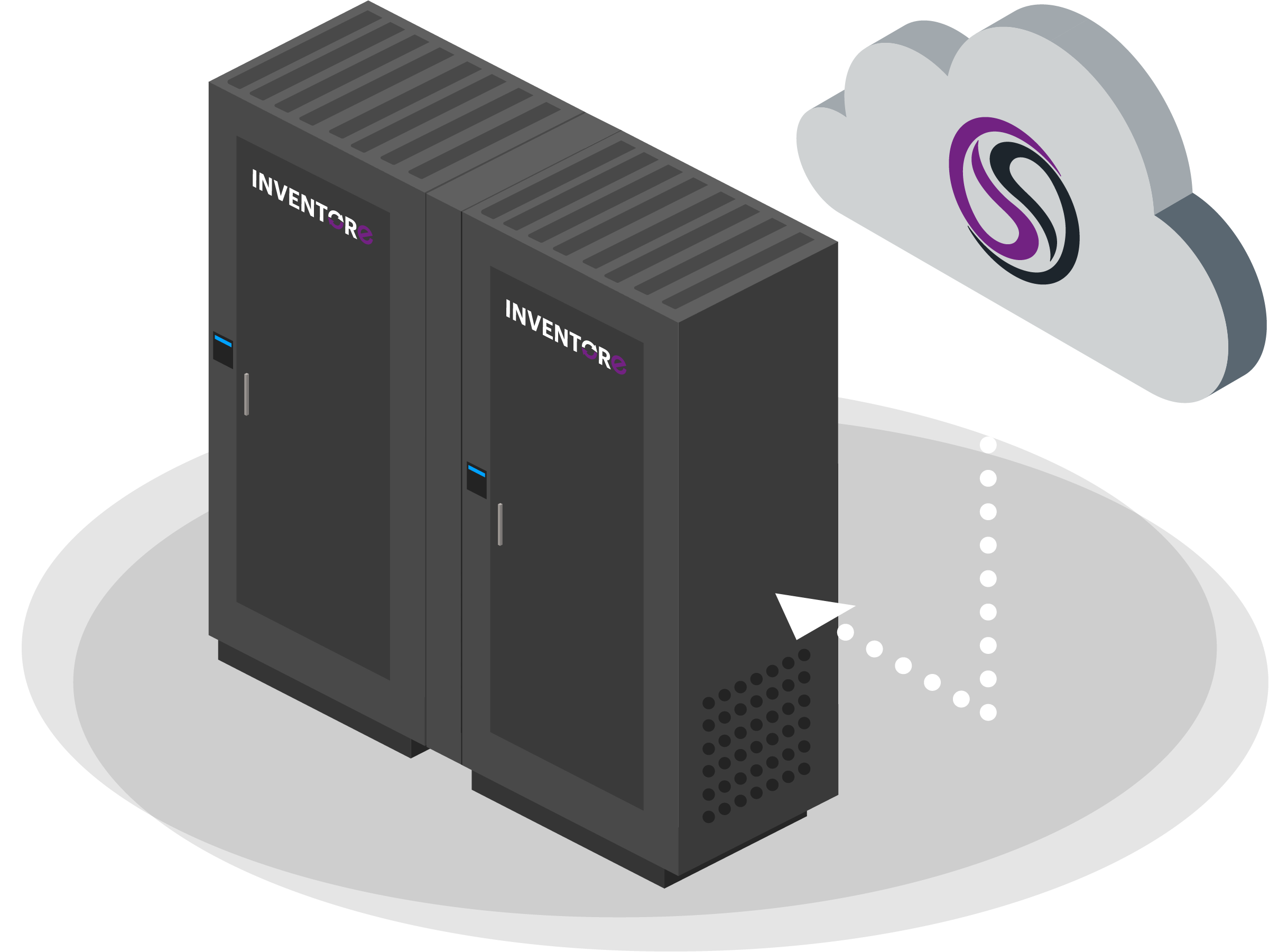What Are The Best Practices For Stock Control?
Efficient stock control is a crucial aspect of successful inventory management for businesses of all sizes. Whether you operate a small retail store or a large-scale warehouse, implementing effective stock control practices can streamline operations, reduce costs, and improve customer satisfaction. Proper management of inventory ensures that a company can meet customer demand without overstocking or understocking. In this post, we will explore the best practices for stock control to help you maintain optimal stock levels and maximise profitability.

Best Practices for Stock Control
Regular Audits and Cycle Counts
Conducting regular stock audits and cycle counts is fundamental to maintaining accuracy. These routine checks help identify discrepancies between the physical stock on hand and the recorded inventory levels. Establish a schedule for these audits to ensure consistency and catch discrepancies early on.
Invest in Inventory Management Software
Implementing robust inventory management software is a game-changer for stock control. Modern software solutions offer real-time tracking, order processing, and data analysis capabilities. Choose a system that integrates seamlessly with your business processes and provides insights into stock movement and trends.
Set Par Levels and Reorder Points
Define par levels for each product to establish the minimum quantity you should always have in stock. Additionally, establish reorder points to trigger replenishment orders when stock levels fall below a certain threshold. This proactive approach helps prevent stockouts and minimises excess inventory.
Implement a First-In, First-Out (FIFO) System
To avoid product spoilage or obsolescence, implement a FIFO system. This means selling or using the oldest stock first to ensure that items with a limited shelf life are rotated appropriately. This practice is especially crucial for industries with perishable goods.
Supplier Relationship Management
Foster strong relationships with your suppliers. Communicate regularly to stay informed about lead times, order processing, and potential disruptions. Having reliable suppliers can help you maintain consistent stock levels and respond effectively to market demands.
Utilise Barcoding and RFID Technology
Implementing barcoding or radio-frequency identification (RFID) technology can significantly enhance the accuracy and speed of stock control processes. These technologies help minimise human error during data entry and improve the overall efficiency of tracking and managing inventory.
Forecasting and Demand Planning
Utilise historical sales data and market trends to forecast future demand accurately. Implementing demand planning allows you to align your stock levels with customer needs, reducing the risk of overstocking or understocking.
Employee Training
Properly train your staff on stock control procedures and the use of inventory management systems. Well-trained employees contribute to accurate data entry, efficient order processing, and a smoother overall operation.
Regularly Review and Optimise Processes
Maintaining optimal stock levels and effective stock control procedures is necessary for the smooth operation of any business. That is why it is important to continuously evaluate your stock control processes to identify areas for improvement. Regularly review and update your procedures based on changing market conditions, technological advancements, and business growth. By leveraging inventory management technology, setting reorder points, and training employees, companies can ensure efficient and profitable inventory management.
Implementing effective stock control practices is essential for maintaining a well-balanced and profitable inventory. By incorporating these best practices into your business operations, you can enhance accuracy, reduce costs, and ensure that your stock levels align with customer demand, ultimately contributing to the overall success of your business.
If you are looking for inventory management software for your business then get in touch with us at Inventor-e by phone on 08007797214, or visit our contact page to send a message.

Efficient stock control is a crucial aspect of successful inventory management for businesses of all sizes. Whether you operate a small retail store or a large-scale warehouse, implementing effective stock control practices can streamline operations, reduce costs, and improve customer satisfaction. Proper management of inventory ensures that a company can meet customer demand without overstocking or understocking. In this post, we will explore the best practices for stock control to help you maintain optimal stock levels and maximise profitability.

Best Practices for Stock Control
Regular Audits and Cycle Counts
Conducting regular stock audits and cycle counts is fundamental to maintaining accuracy. These routine checks help identify discrepancies between the physical stock on hand and the recorded inventory levels. Establish a schedule for these audits to ensure consistency and catch discrepancies early on.
Invest in Inventory Management Software
Implementing robust inventory management software is a game-changer for stock control. Modern software solutions offer real-time tracking, order processing, and data analysis capabilities. Choose a system that integrates seamlessly with your business processes and provides insights into stock movement and trends.
Set Par Levels and Reorder Points
Define par levels for each product to establish the minimum quantity you should always have in stock. Additionally, establish reorder points to trigger replenishment orders when stock levels fall below a certain threshold. This proactive approach helps prevent stockouts and minimises excess inventory.
Implement a First-In, First-Out (FIFO) System
To avoid product spoilage or obsolescence, implement a FIFO system. This means selling or using the oldest stock first to ensure that items with a limited shelf life are rotated appropriately. This practice is especially crucial for industries with perishable goods.
Supplier Relationship Management
Foster strong relationships with your suppliers. Communicate regularly to stay informed about lead times, order processing, and potential disruptions. Having reliable suppliers can help you maintain consistent stock levels and respond effectively to market demands.
Utilise Barcoding and RFID Technology
Implementing barcoding or radio-frequency identification (RFID) technology can significantly enhance the accuracy and speed of stock control processes. These technologies help minimise human error during data entry and improve the overall efficiency of tracking and managing inventory.
Forecasting and Demand Planning
Utilise historical sales data and market trends to forecast future demand accurately. Implementing demand planning allows you to align your stock levels with customer needs, reducing the risk of overstocking or understocking.
Employee Training
Properly train your staff on stock control procedures and the use of inventory management systems. Well-trained employees contribute to accurate data entry, efficient order processing, and a smoother overall operation.
Regularly Review and Optimise Processes
Maintaining optimal stock levels and effective stock control procedures is necessary for the smooth operation of any business. That is why it is important to continuously evaluate your stock control processes to identify areas for improvement. Regularly review and update your procedures based on changing market conditions, technological advancements, and business growth. By leveraging inventory management technology, setting reorder points, and training employees, companies can ensure efficient and profitable inventory management.
Implementing effective stock control practices is essential for maintaining a well-balanced and profitable inventory. By incorporating these best practices into your business operations, you can enhance accuracy, reduce costs, and ensure that your stock levels align with customer demand, ultimately contributing to the overall success of your business.
If you are looking for inventory management software for your business then get in touch with us at Inventor-e by phone on 08007797214, or visit our contact page to send a message.
